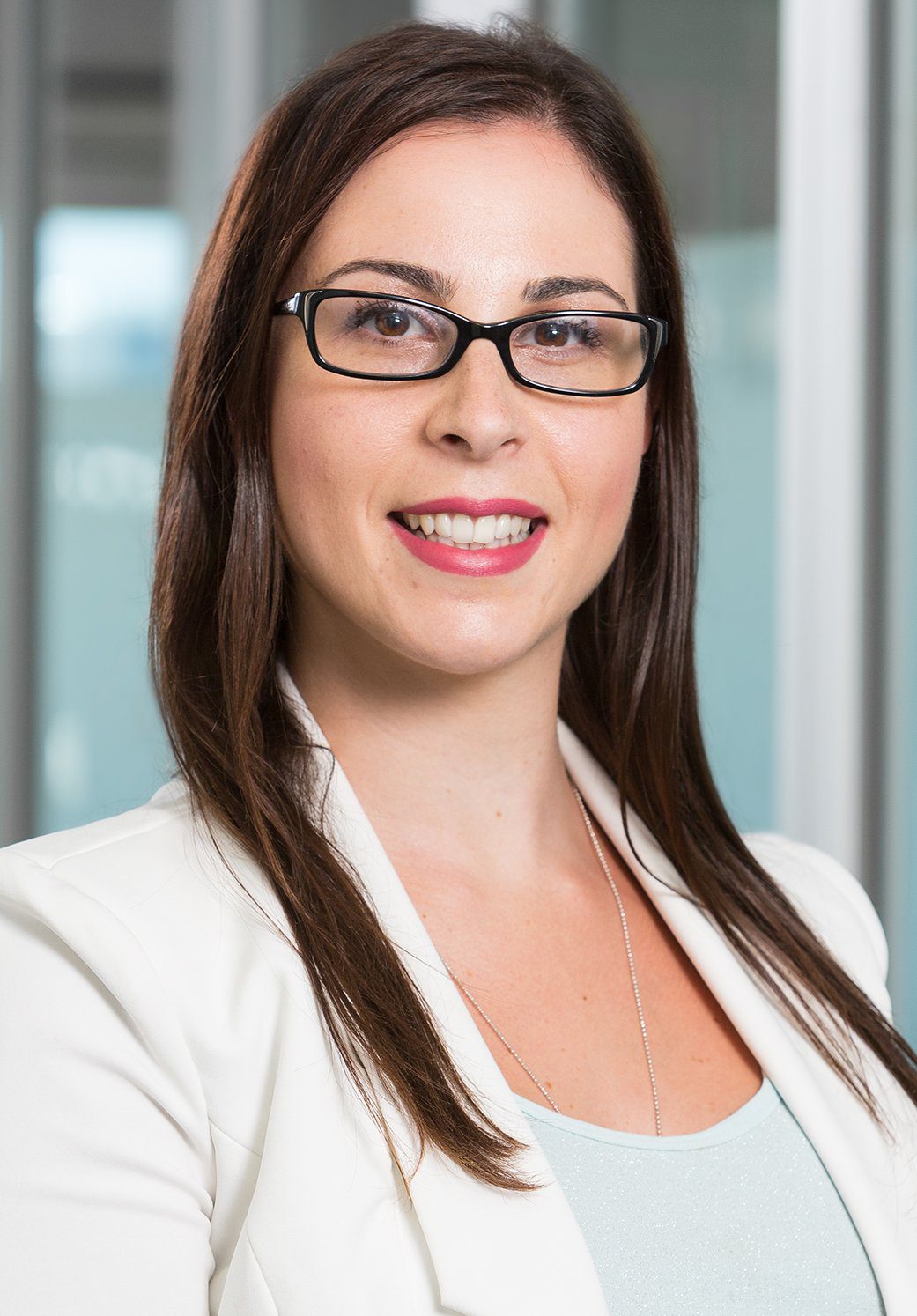As advisors to a significant number of medical professionals, we often see these professionals make less than optimal financial decisions throughout their working career and at retirement. Given the level of commitment and discipline medical professionals need for their careers, finances can often “take the back seat” and decisions can be made quickly without properly considering all consequences or alternative options.
We encourage our clients to enjoy the fruits of their hard work and buy the house and car of their desires, but to do so without taking on a burdensome amount of debt that could take many years to pay off. A large non-deductible debt early in your career can add many years to the amount of time it takes to pay this off, potentially requiring you to work more days or hours than you would like to and therefore have less time to spend with family and friends.
A more manageable debt can give you more options, which could include the type of school your child attends, the holidays you and your family take, the ability to start and fund your own private practice and the ability to retire earlier or retire in a stronger position.
When considering retirement goals, if an individual who has been earning over $350,000 per annum wanted to receive an income of say $200,000 per annum in retirement, their investment and superannuation pool would need to be around $4 million. To achieve a nest egg of this level, long term planning and strategy is required to ensure annual saving and appropriate investing.
Implementing a proactive savings strategy early in a professional career can help to develop positive habits for individuals, rather than losing control of your cashflow position.
We often ask medical professionals questions such as ‘what is your monthly income?’ And, ‘what are your monthly expenses?’ Most are unable to answer and admit to spending a lot.
While it’s possible to significantly reduce living expenses in retirement, many professionals want to live the life they are accustomed to when eventually retiring.
Another important consideration is the need to protect your lifestyle throughout your career. Having invested years of study and money in becoming a health professional, protecting their income and their family is of high importance.
Medical professionals are often key bread winners in the family and without their income, their family’s financial position could be compromised significantly. Having comprehensive life insurance in place can mitigate the need to sell the family home or change the children’s’ preferred school.
As we age, obtaining life insurance can be a problem due to medical issues and strict underwriting policies.
Therefore, implementing the right insurance when a medical professional is young and healthy is important not only from a health perspective, but to also potentially lock in cheaper premiums.
Engaging with the right adviser early in a medical professional’s career is key to ensuring the best path is followed and rewards from hard work are received at each stage of life.











